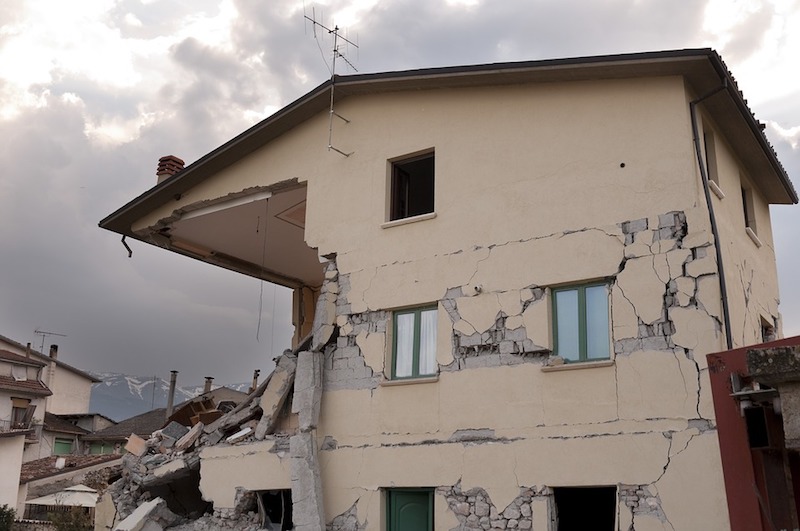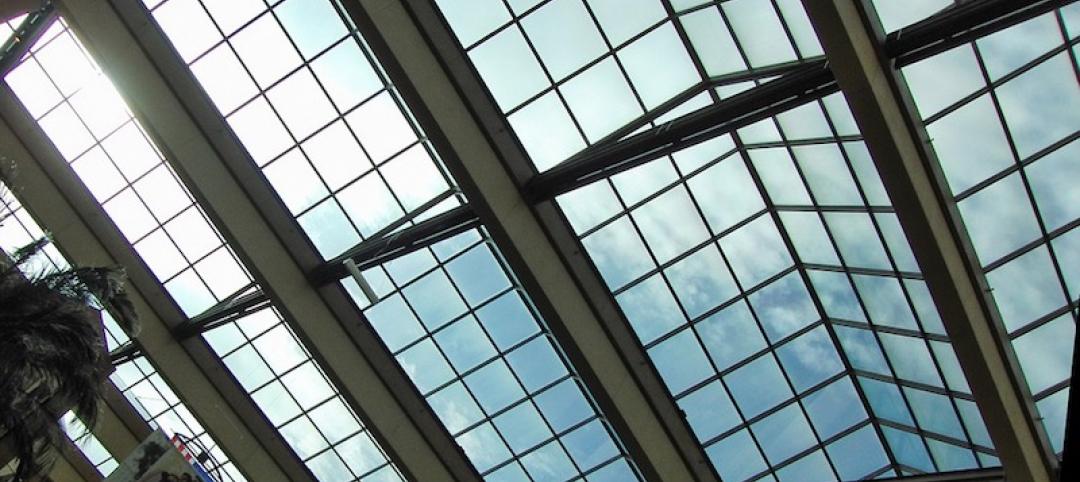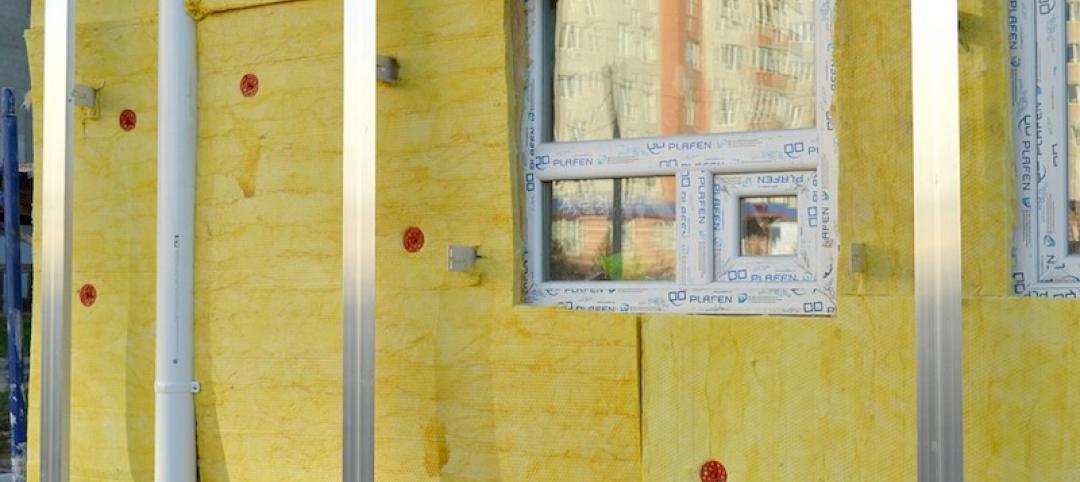The United States Resiliency Council through its support behind California’s AB 2681, a bill now in the appropriations committee that would assist cities in identifying the most seismically vulnerable structures.
The bill would provide funding and tools for cities to identify dangers to their communities and infrastructure. According to the council, the benefits of the bill include:
— Protection for affordable housing: Many vulnerable buildings are older structures that make up much of the state’s more affordable housing stock.
— Shielding communities from chaos: Projected loss of housing would leave hundreds of thousands of people homeless and in desperate need of refuge.
— Informing the public about personal risks: People have a right to make decisions about the buildings in which they live and work based on the best available information. Identifying and evaluating potentially vulnerable buildings is the first step toward engaging stakeholders about the importance of creating more resilient cities.
— Promoting social justice: Most of those impacted by a major quake will be lower-income residents whose lives and livelihoods will be disproportionately impacted due to their economic and social status.
— Protecting public health: Many older buildings contain asbestos and lead, which, when released into the air and groundwater from crumbled rubble will pose a public health problem of potentially overwhelming impacts.
Related Stories
Codes and Standards | Oct 12, 2018
Boston ‘housing emergency’ prompts regional initiative for new residential construction
Mayors of 15 cities set goal of 185,000 new homes by 2030.
Codes and Standards | Oct 11, 2018
On-site staff key to energy benchmarking project for property management company
Manager training, data sharing are critical to meeting 20% utility cost reduction goal.
Codes and Standards | Oct 10, 2018
Interactive heat maps track temperature ranges in U.S. cities
Urban heat island effect can vary by as much as 37°F in the same city.
Codes and Standards | Oct 9, 2018
Power systems will become more decentralized for better disaster resiliency
Businesses, homeowners will control more power-generation capacity.
Codes and Standards | Oct 5, 2018
Getting commitments from key subs critical on government contracts
Withdrawn subcontractor bids can be costly.
Codes and Standards | Oct 4, 2018
Internal watchdog says EPA falling short to protect school children from asbestos
Agency not conducting enough inspections, report says.
Codes and Standards | Oct 3, 2018
Climate change impacts could prompt realignment of assets for commercial property developers
Strategies include reducing exposure to properties in flood-prone areas.
Codes and Standards | Oct 2, 2018
Political will, tougher standards needed to reach carbon neutral goal
Stretch codes, more stringent credentials for designers, contractors, and inspectors may be needed.
Codes and Standards | Sep 27, 2018
Natural light is the most prized office perk
Employees crave sunshine and views of the outdoors more than cafeterias, fitness centers, and childcare.
Codes and Standards | Sep 26, 2018
Industry consensus needed for multifamily energy efficiency retrofit approach
Choice of insulating materials can impact indoor air quality, resident health.
















